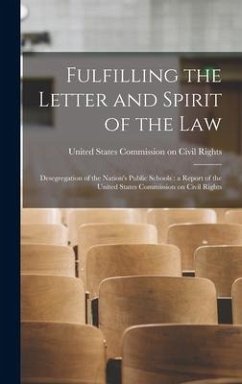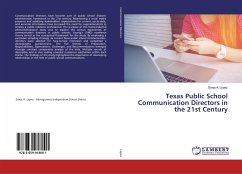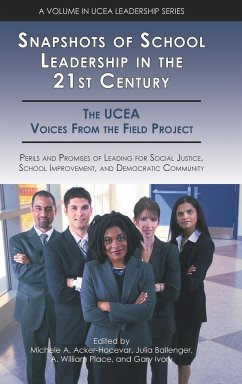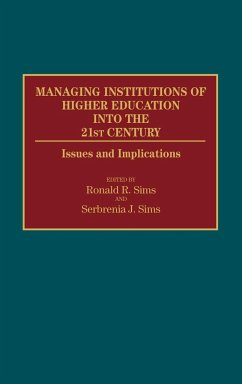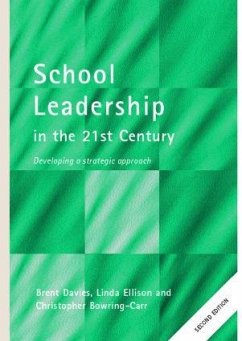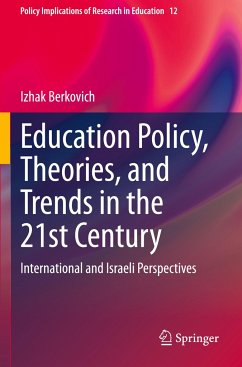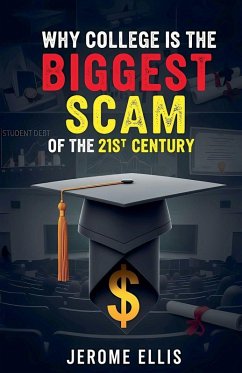
School Desegregation in the 21st Century

PAYBACK Punkte
44 °P sammeln!
Leading scholars in the fields of history and law have assembled an enormous amount of empirical data on the outcomes of school desegregation and conclude that the policies of the past-mandatory reassignment and strict racial quotas-had too few benefits and too many costs to make them viable alternatives for the future. Chapter topics include the history of school desegregation, the development of the law, the desegregation effectiveness of remedies, ability grouping and classroom desegregation, racial disparities in school discipline, intergroup relations, the attitudes and opinions of adults...
Leading scholars in the fields of history and law have assembled an enormous amount of empirical data on the outcomes of school desegregation and conclude that the policies of the past-mandatory reassignment and strict racial quotas-had too few benefits and too many costs to make them viable alternatives for the future. Chapter topics include the history of school desegregation, the development of the law, the desegregation effectiveness of remedies, ability grouping and classroom desegregation, racial disparities in school discipline, intergroup relations, the attitudes and opinions of adults in desegregated school districts, and the outlook for the future. The authors conclude that one of the biggest successes of school desegregation is that there is almost universal acceptance of the principle that racial discrimination is immoral. But school desegregation has had some important failures as well, most importantly, the failure to improve the academic achievement of black students and race relations between black and white students in desegregated schools. There have also been some serious costs-white flight and protest voting-associated with forced busing and the use of strict racial quotas. The concluding chapter argues that the solution to racial disparities in achievement, and to racial separation, lies in compensatory education for low achieving, poor children and school choice programs that do not use racial criteria but provide financial assistance to low-income families.




